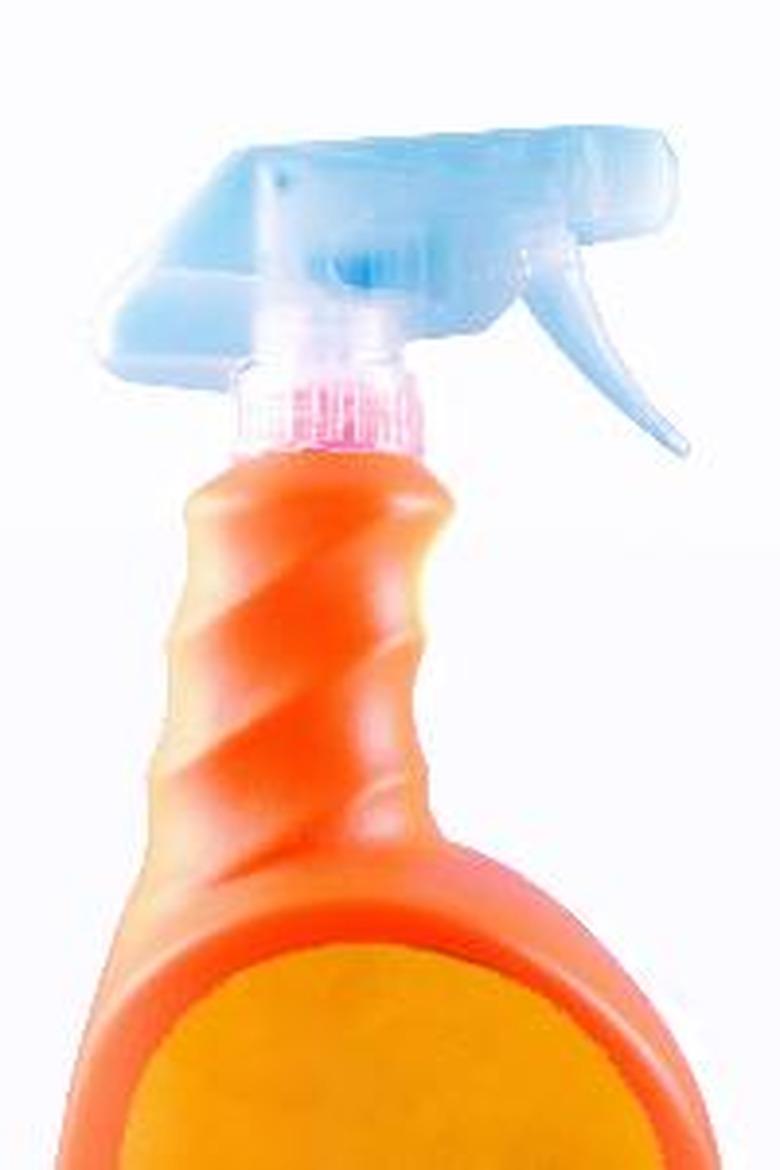How Do Household Chemicals Affect Plants?
Common household chemicals can contain many vague ingredients. Homeowners might worry about how these chemicals affect both the household plants and plants in nature. While a lot of these chemicals will dilute when they enter the water supply, they can be dangerous to plants if accidentally spilled or sprayed on plants.
Acidic Cleaners
Many household chemicals contain acids, which perform the main cleaning action. These acids change the pH of the houseplant's soil. If the plants have pH that's too low, the acids can drive the pH even lower, preventing the plant from taking nutrients up through the roots. However, the acids can also have a beneficial impact on plants with soil that's too alkaline. However, there are also some alkaline cleaners that can have the reverse effect.
Medicines
Medicines poured down the drain can remain in the ecosystem for a long time, since they are designed to resist attempts by bacteria to break them down. However, they will be so diluted in the ecosystem that the chances of them effecting a single plant are very low.
Detergents
Some common household chemicals have no effects on plants. Soap is commonly used on plants to fight pests, since the soap dries out many insects. However, the soap must be at a low concentration. Detergents that get on the leaves of plants can injure or kill them by stripping the waxy layer off of the leaves. The waxy layer prevents pathogens from infecting the leaves. The wax also prevents the leaves from drying out. Very high detergent concentrations can eat through the plant membrane. If the detergent is absorbed by the plant roots when dissolved in water, the detergent will destroy the lipid membrane around the roots, which will destroy their abilities to take up water and nutrients. The plant will starve.
Surfactants
Surfactants release the water tension, encouraging water to flow more easily. This can benefit plants, allowing them to take up more water than they otherwise would. In fact, some garden product manufacturers have created surfactants designed to help plants.
Caffeine
People drink a lot of caffeine, mostly in the form of coffee. Many plants produce caffeine for various metabolic functions. However, when plants receive too much caffeine, they can experience abnormalities in plant development. The caffeine increases calcium activity in cells, which can speed up cell division.
Salts
Many cleaners contain salts. Salt holds on to water and can reduce the amount of water available to the plant, which can cause the plant to suffer from dehydration. Salt can also lower the plant's resistance to cold temperatures. When cleaners evaporate, they often leave their salts behind.
